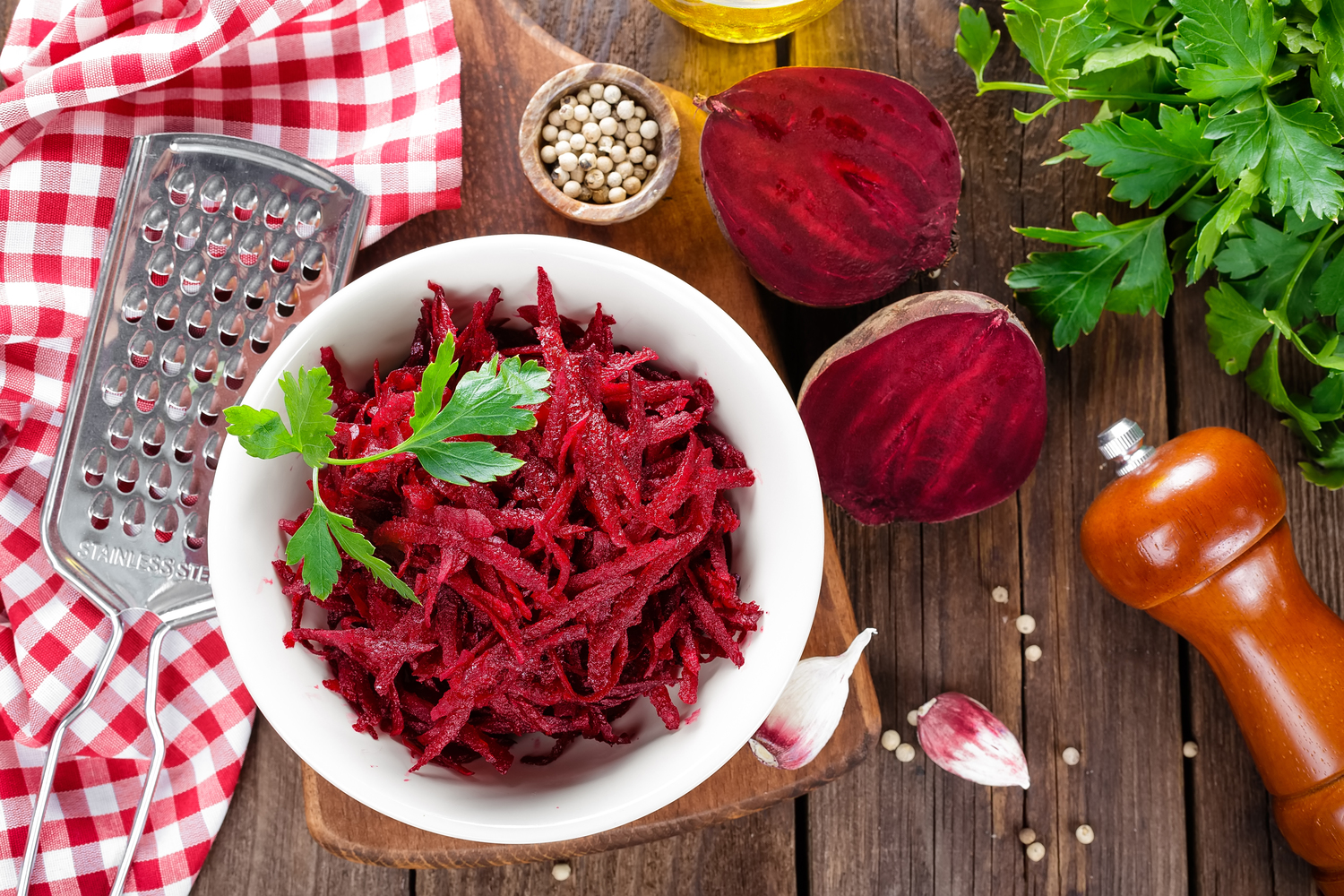Comprehensive Nutritional Strategies to Support Lymphoma Recovery and Boost Immunity
This article explores effective nutritional strategies to support lymphoma recovery, highlighting the importance of balanced diets, essential nutrients, and personalized diet planning. Proper nutrition plays a crucial role in strengthening immunity, managing symptoms, and improving overall treatment outcomes for lymphoma patients. From protein sources and healthy fats to hydration and antioxidant-rich foods, learn how dietary choices can significantly influence recovery and well-being during lymphoma treatment.

Effective Dietary Approaches to Enhance Lymphoma Treatment Outcomes
Nutrition is a vital component of managing lymphoma, a type of cancer that originates in the lymphatic system—a network crucial for immune defense and fluid balance. Proper dietary habits can significantly influence treatment effectiveness, improve patient well-being, and support recovery. While lymphoma risk factors can vary widely among individuals, lifestyle choices, immune health, and nutritional intake play a pivotal role in disease management. Incorporating specific, nutrient-rich foods into daily routines can help mitigate symptoms, strengthen the immune system, and promote overall health during and after treatment.
One of the fundamental aspects of lymphoma-supportive nutrition is ensuring adequate protein intake. Protein is essential for tissue repair, immune function, and maintaining muscle mass, especially during the physically demanding process of treatment. Excellent protein sources include lean meats such as chicken and turkey, plant-based options like beans, lentils, and tofu, as well as dairy products like low-fat yogurt and milk. Eggs and nuts also contribute beneficial nutrients and healthy fats that support healing and energy levels.
Carbohydrates are important for providing sustained energy, particularly during treatment phases when fatigue is common. Whole grains such as oats, brown rice, quinoa, and whole wheat bread should be prioritized over refined grains to enhance nutrient density and stabilize blood sugar levels. Including a variety of fruits and vegetables is essential owing to their high antioxidant content. Berries, citrus fruits, leafy greens, carrots, and bell peppers supply antioxidants, vitamins, and minerals necessary to combat oxidative stress and support immune health. Consuming a rainbow of colors on your plate ensures a broad spectrum of phytochemicals with health-promoting properties.
Healthy fats are critical for reducing inflammation and supporting cellular functions. Sources such as avocados, olive oil, nuts, and seeds are recommended choices over fried or heavily processed foods. Incorporating omega-3 fatty acids, found in fatty fish like salmon and mackerel, can further reduce inflammation and promote recovery. Limiting intake of added sugars, desserts, and sweetened beverages is advisable since excess sugar provides little nutritional benefit and may impair immune function.
Hydration is a cornerstone of lymphoma care. Patients should aim to drink at least 64 ounces of water daily, adjusting based on activity levels and overall health. Proper hydration helps keep mucous membranes moist, flush out toxins, and maintain energy levels. It's also best to minimize caffeine consumption because excessive caffeine can lead to dehydration and interfere with sleep, which is critical for recovery.
Tailoring dietary plans to individual needs, side effects from treatment, and personal preferences is crucial. Consulting with a registered dietitian or healthcare provider can help craft a balanced plan that meets nutritional requirements and addresses specific challenges such as nausea, mouth sores, or taste changes. Recognizing the importance of nutrition as part of a comprehensive lymphoma treatment strategy can lead to improved outcomes, faster recovery, and better quality of life.




